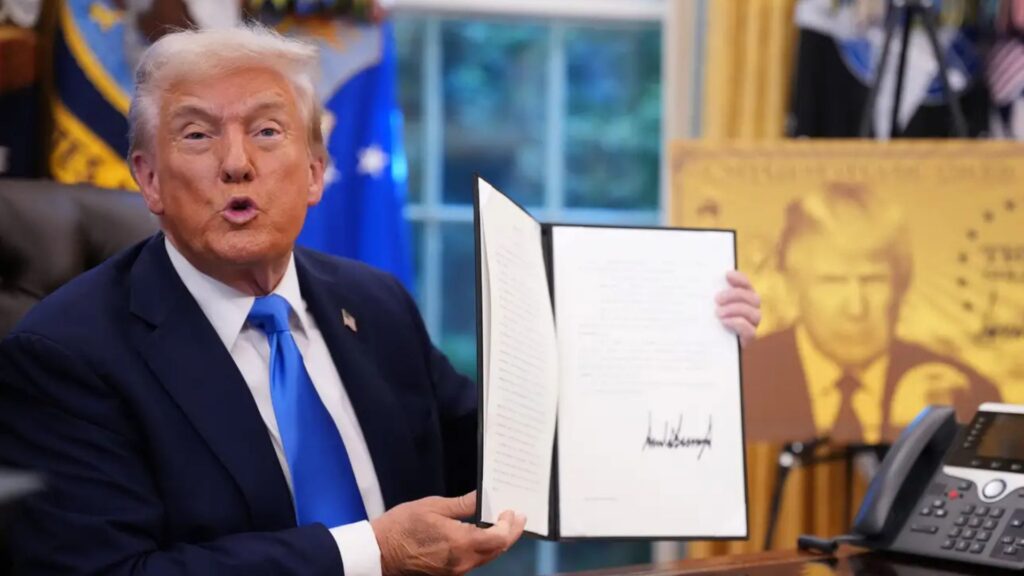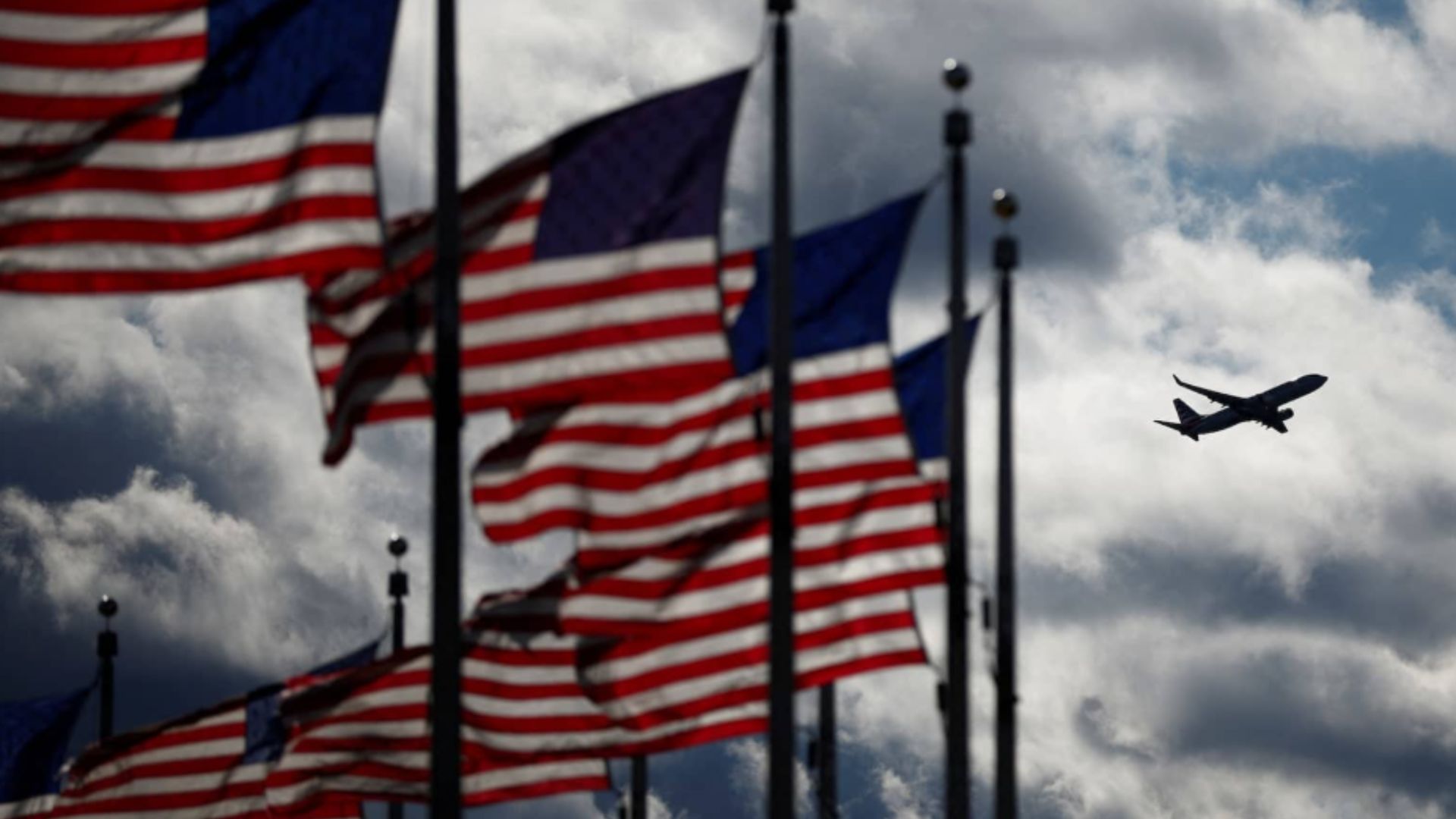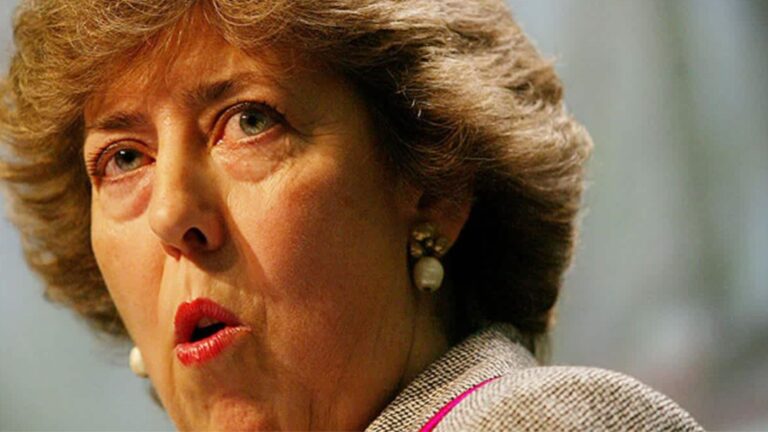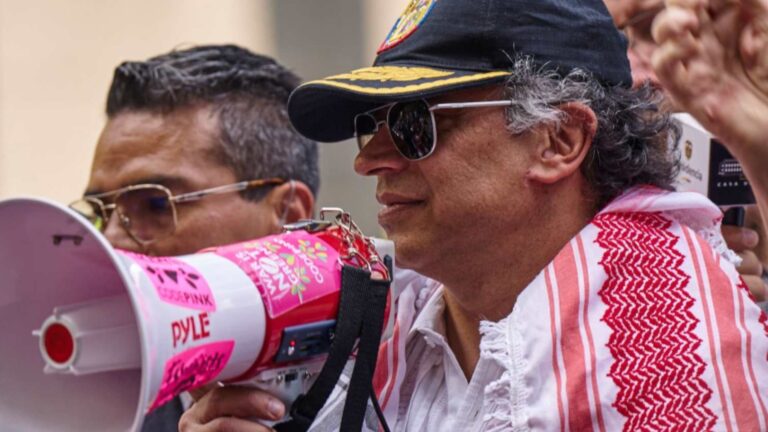
President Donald Trump’s dramatic increase of the H-1B visa application fee to $100,000 has prompted several Indian AI and SaaS startups to scrap U.S. hiring strategies and refocus on domestic recruitment, threatening to reshape global talent flows and undermine America’s technology competitiveness.
Immediate Disruption for Indian Startups
The new fee, effective at 12:01 a.m. on September 21, 2025, has already disrupted plans at early-stage Indian technology companies. Sentient AI, a decentralized artificial intelligence startup with a research lab in the United States, confirmed it will cease sponsoring any H-1B visas after co-founder Himanshu Tyagi cited prohibitive costs (Financial Express). Another unnamed AI firm told The Economic Times that offers extended to new U.S. graduates were rescinded as they “plan to hire in India” instead, due to visa uncertainty.
Major technology firms have similarly issued urgent advisories: Amazon, Microsoft and Meta warned H-1B employees abroad to return immediately or avoid international travel altogether, underscoring the panic permeating Silicon Valley. Amazon alone employed more than 14,000 H-1B holders as of June 2025, making it the program’s largest sponsor (Business Insider).
Economic Calculations Prompt Strategic Pivots
For resource-constrained startups, the new H-1B levy is effectively unaffordable. Y Combinator CEO Garry Tan warned that “early teams can’t swallow that tax,” noting a ten-person startup would face $1 million in visa fees alone (CNBC). Hemant Mohapatra of Lightspeed India, reflecting on his 15 years on an H-1B in semiconductor research, estimated the fees would have totaled $1.5 million during that period despite his annual salary of under $100,000.
Prodigal co-founder Shantanu Gangal observed that “the fee makes the traditional MBA or master’s route in the U.S. much harder to justify,” while SuperOps CEO Arvind Parthiban warned, “Hiring NRIs in the U.S. will become tougher. We have to rethink and hire where it makes sense, not necessarily in the U.S.” Such assessments highlight how a single policy change can force startups to overhaul their global expansion and talent strategies overnight.
India Poised to Benefit as Talent Returns Home
Despite the immediate challenges, Indian technology leaders see the fee hike as an inflection point for domestic innovation. Snapdeal co-founder Kunal Bahl—denied an H-1B visa by Microsoft in 2007—recalled how returning to India proved “life-changing” after an initial “crushing” setback, and predicts “tremendous talent density” will emerge as professionals head back home (Financial Express).
Zoho founder Sridhar Vembu urged Indian expatriates to “make the bold move” of repatriating, comparing it to the Sindhi community’s post-Partition resurgence. “It may take five years to rebuild your lives but it will make you stronger. Do not live in fear,” he posted on X.
Financial markets have already reacted: U.S.-listed Indian IT stocks fell up to 5% following the announcement, and Nasscom warned that sudden implementation threatens ongoing projects at service firms. Former NITI Aayog CEO Amitabh Kant predicted the policy will “choke U.S. innovation and turbocharge India’s,” driving the next wave of labs, patents and startups to Bangalore, Hyderabad, Pune and Gurgaon.
The White House later clarified the fee applies only to new applications and not to renewals or existing visa holders. Nevertheless, the higher cost has compelled Indian startups to abandon or delay U.S. hiring plans and seek alternative markets, underscoring how immigration policy can realign global technology hubs.












Can you be more specific about the content of your article? After reading it, I still have some doubts. Hope you can help me.